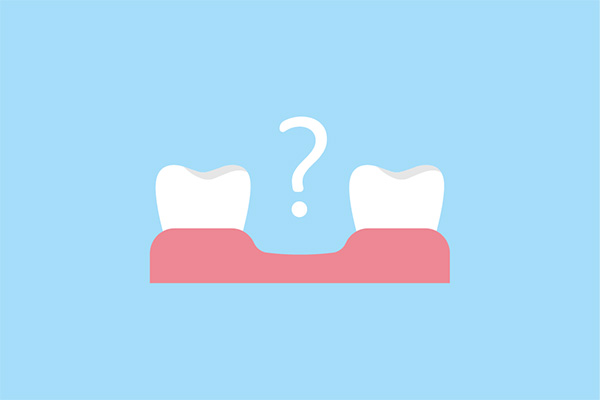Emergency Dentist Visit for a Painful Abscessed Tooth

Patients who are dealing with a tooth abscess need immediate treatment by an emergency dentist. This painful condition is considered a serious dental emergency, and treatment should begin as soon as possible to prevent complications.
Why an abscessed tooth develops
An abscessed tooth occurs when an untreated bacterial infection has set up in a tooth and caused a pocket of pus to build up. The most common causes of an abscess are deep cavities that have been left unaddressed, injuries, tooth decay, periodontal diseases, and cracked teeth. Abscesses can occur in different areas of the tooth. A periodontal abscess takes place at the side of the tooth root in the gums, whereas a periapical type is located at the tip of the root and involves the bacteria that infect the dental pulp of the tooth.
Patients who do not practice proper oral hygiene, who experience conditions that contribute to dry mouth, and who frequently consume large amounts of sugar are at a higher risk of developing a tooth abscess.
Abscessed tooth symptoms
When a tooth becomes abscessed, a patient will often experience symptoms such as red and sore gums, swelling, fever, a bad taste in the mouth, and noticeable pain, especially when chewing or biting down. Patients with abscesses often notice a bump on the gum that looks similar to a pimple and that oozes pus if it is pressed. However, if a pocket of pus has not built up, or if the infection is able to drain somewhere, there may be no symptoms.
Why an emergency dentist visit is necessary
An abscess is considered a dental emergency, and it is important for treatment to begin immediately. If the condition is left untreated, serious complications can occur; the infection may extend beyond the mouth and throughout the body. This can lead to the development of sepsis, a dangerous condition in which the body has a severe reaction to the infection.
Treatment
An emergency dentist will cut and drain the abscess and wash the area with saline. A root canal may be performed to eradicate the infection and save the tooth. A severe abscess can result in the affected tooth needing to be pulled. If the infection has not expanded outside of the abscessed area, no further treatment is needed. For a severe infection that has spread, the emergency dentist will prescribe antibiotics to help clear it out of the system.
Prevention
The main way to prevent the development of an abscessed tooth is by practicing proper dental care. This includes regular brushing, flossing, and getting routine dental cleanings by a professional at least twice a year. Eating healthier foods and limiting sugar are additional preventative measures that keep teeth healthy.
Conclusion
A tooth abscess is a painful infection that results in a buildup of pus and typically develops from an untreated cavity, tooth decay, or injury. If left untended, it can lead to serious complications. Patients with an abscess should visit an emergency dentist for immediate treatment.
Request an appointment here: https://dentistryonpark.com or call Dentistry on Park, LLC at (781) 443-8131 for an appointment in our Stoughton office.
Check out what others are saying about our services on Yelp: Read our Yelp reviews.
Recent Posts
There are many options for replacing missing teeth, but how can replacing missing teeth help your oral health? Replacing missing teeth is the best way to prevent tooth decay, gum disease, and jawbone deterioration. Options for replacing missing teeth are dental implants, dentures, or dental bridges. Choosing which option will work best for you depends…
Nobody wants to be searching for options for replacing missing teeth, but it’s good to be prepared just in case. Not only is a missing tooth an eyesore, but there is usually an underlying reason behind it. Mouth diseases such as gingivitis or accidents are generally the most likely culprits for losing a tooth. No…
It is amazing the amount of confidence that comes from the options for replacing missing teeth. The absence of a tooth or even multiple teeth can make daily tasks like eating and speaking more difficult than they must be. For those who suffer from this, just having the ability to learn more about options can…
There are a variety of common reasons people are missing teeth. Missing teeth can cause many oral health problems, including difficulty chewing food and the gradual movement and misalignment of your teeth over time. However, there are solutions to dealing with missing teeth, including dental implants, implant-supported bridges, and removable partial dentures. Read on to…


